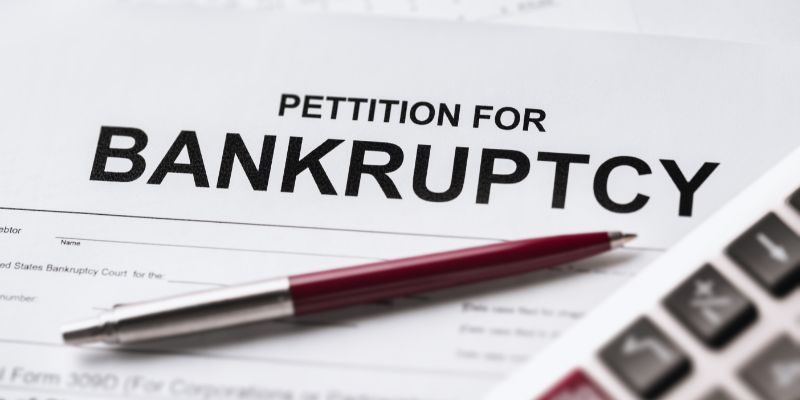Bankruptcy provokes a variety of emotions and assumptions for those confronted with it. Whether you are filing for Chapter 7 or Chapter 13 bankruptcy, you may feel helpless and as if everything you worked for will be taken from you. While filing for bankruptcy may place your assets in a trust from which creditors can be reimbursed, there are exemptions that could protect a variety of your assets.
Understanding what can and cannot qualify for exemptions can not only reduce some of your apprehension surrounding bankruptcy but can also help you protect what is most important to you.

When it comes to bankruptcy, exemptions are certain assets that you are allowed to withhold from creditors. While there are many individual exemptions, married couples receive the benefit of doubling what a single person would qualify for, thereby protecting additional assets. Some common exemptions include:
These exemptions are not a complete list, but they are common exemptions that those facing bankruptcy can qualify for. Other qualifying exemptions include Social Security benefits, insurance policies, higher education savings accounts, and more. You must have an accurate and complete accounting of your assets in order to qualify for exemptions. If you attempt to shelter assets from bankruptcy without disclosing them, then you could still lose them.
While exemptions seem an easy way to save many of your assets, you must also qualify for the exemption. For example, if you seek to protect your home or motor vehicle and they are currently financed through a mortgage or a loan, your payments must be considered current, and the equity on such property is covered by the exemption.
Other items that are not covered by the exemption laws in Texas may still be eligible for remaining safe from creditors; however, you must account for the value of the asset. If, for example, you have already exempted a vehicle but wish to keep an additional one, you will need to pay the creditor the value of that vehicle in order to keep it.
There are bankruptcy exemptions at both the federal and state level, and they often overlap. However, there are a variety of differences that debtors must know. For example, the federal homestead exemption is a monetary amount, whereas the Texas exemption is a land size amount. Under federal homestead exemptions, you may only exempt up to $27,900 in home equity. This amount is doubled for married couples.
Knowing how each type of exemption could impact you should be discussed with your bankruptcy attorney. Bankruptcy often brings worries about financial obligations such as paying for legal assistance. However, the legal counsel you receive does not only help you hold on to assets but also helps you navigate the bankruptcy process in an effort to help you move forward.
A: In Texas, debtors who claim bankruptcy are allowed to claim certain exemptions that are withheld from creditors seeking to recoup the finances owed to them. When a person declares bankruptcy, their assets are put in a trust from which the creditors collect. Exemptions prevent creditors from collecting certain important things, and they are intended to prevent debtors from losing necessary property.
A: Not every asset can qualify for an exemption. Common exemptions, however, can include items such as sporting equipment, up to two firearms, furnishings for the home, any animals a person owns, health aids, burial plots, and more. Speaking with a bankruptcy attorney can help you identify which of your assets may be free from creditor collection.
A: Exemptions are protected from collection in a bankruptcy ruling. One such exemption is your vehicle, so long as you are current on any financial obligations for it. This exemption is valid even if a judgment is awarded through bankruptcy litigation against you. If a creditor receives a judgment, but you hold no assets that are not exempt, they may be unable to collect the debt from you.
A: In 2019, Texas law placed a four-year statute of limitations on debt collection. This timeline still stands even if any payments are made or if any other activity occurs. If the time passes, creditors are required to notify the debtor that the collection period has expired. Under the law, creditors may not threaten legal action as a way to speed the payment process forward.
Bankruptcy can be a complicated process that leaves you with many questions and worries about which of your assets you may lose. At Steele Law Firm, PLLC, our team has the knowledge and experience to answer your questions. Contact us today and let us help you navigate the difficult road you or a loved one may face.




